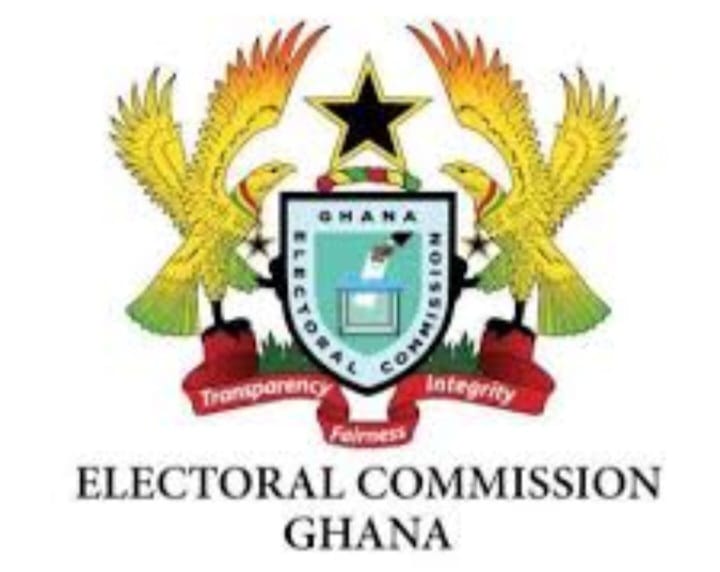The Electoral Commission (EC) of Ghana has issued a circular assuring temporary staff engaged for the 2024 general elections that their outstanding allowances will be paid. The circular, dated March 7, 2025, and signed by the Chairperson, Mrs. Jean Mensa, acknowledged the delay and apologized for the inconvenience caused. The EC attributed the delay to pending fund release from the Ministry of Finance, assuring staff that they are actively pursuing the matter and will expedite payment upon receipt of the funds. The circular also expressed gratitude for the staff’s contribution to the successful execution of the election, lauding the peaceful, credible, transparent, and timely nature of the process.
Despite the EC’s assurances, some temporary staff have voiced their dissatisfaction with the four-month delay in payment. Speaking anonymously to the Ghana News Agency (GNA), they questioned the reasons behind the delay, especially considering that election-related expenses are typically budgeted for in advance. This delay raises concerns about the financial planning and disbursement processes within the electoral system and potentially points to broader budgetary challenges within the government.
The delay in payment of temporary election staff represents a multifaceted issue. On one hand, it highlights the crucial role temporary staff play in ensuring the smooth conduct of elections, often working long hours under challenging conditions. Their timely remuneration is not only a matter of fairness but also a recognition of their valuable service. On the other hand, the delay underscores potential vulnerabilities in the financial mechanisms supporting the electoral process. Delays can create financial hardship for temporary staff who often rely on these payments, potentially impacting their morale and future willingness to participate in such critical national exercises.
The EC’s explanation that the delay stems from pending fund release from the Ministry of Finance raises further questions about the government’s budgetary priorities and disbursement procedures. While budgetary constraints can occur, the timely allocation of funds for essential democratic processes like elections should be prioritized. Delays in such critical payments can erode public trust in the electoral system and raise concerns about the overall financial management of public resources. A transparent and efficient system for disbursing funds for election-related activities is paramount for maintaining the integrity and credibility of the electoral process.
The situation underscores the need for a comprehensive review of the financial mechanisms underpinning the electoral process in Ghana. This review should focus on ensuring timely allocation and disbursement of funds for all aspects of election administration, including compensation for temporary staff. Clearer guidelines and timelines for payments, coupled with robust monitoring and accountability mechanisms, can help prevent future delays and ensure that the essential human resources supporting elections are fairly and promptly compensated. Such measures will not only demonstrate respect for the contributions of temporary staff but also contribute to the overall strengthening of the electoral system.
Furthermore, fostering open communication and engagement between the EC, the Ministry of Finance, and temporary staff is crucial. Regular updates on the status of payments and addressing concerns proactively can help build trust and alleviate anxieties. This open dialogue can also contribute to identifying and addressing any systemic issues that may contribute to payment delays. Ultimately, a well-funded and efficiently managed electoral process is essential for ensuring the continued health and vibrancy of Ghana’s democracy. The timely payment of temporary election staff is a critical component of this broader imperative and deserves urgent attention.


